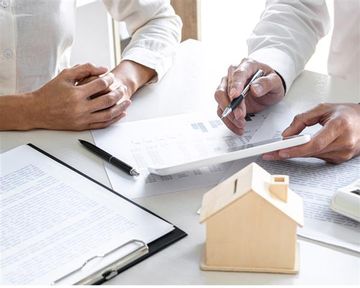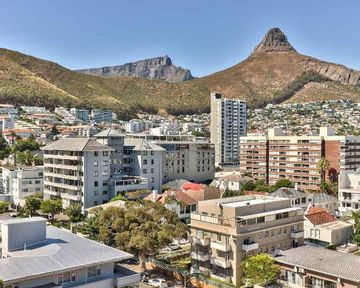Should you rent or buy your first flat?
You are finally getting ready to move into your own place, but not sure whether you should rent a flat or purchase it. With interest rates climbing every second month, you may be concerned about whether you want to commit to a fixed asset.
According to Samuel Seeff, chairman of the Seeff Property Group, affordability, and financial security is the biggest consideration. If you are financially secure and can sustain mortgage loan repayments, then it is probably wise to invest in your own flat.
The benefits of owning your own flat or house usually trump that of renting. Rather than merely paying a rental expense, you are investing in a fixed asset that will continue to grow in value as time passes.
Mortgage repayments are only subject to interest rate fluctuations, but will otherwise remain static, while rental rates tend to rise annually. At a future point, you could potentially also sell the property and make a handsome profit.
Owning your own home provides security and you will not need to move. It also offers the flexibility to renovate and customise it to your own taste and needs.
Owning your own property though does come with extra expenses such as property taxes and maintenance costs. You will also need upfront transaction costs and may need a cash deposit as well.
A drawback is that property as an asset is not particularly liquid which means it usually takes time to sell. The profit that you could potentially make will also depend on the market cycle, and whether you held onto it for long enough to accumulate some capital growth.
Renting is usually more affordable compared to buying. You could therefore rent a bigger property, or in an area where you might not be able to buy. That said, you could always rent in one area and invest in another. Many people do that.
Renting also offers more flexibility in that you could move within a reasonably short period of time as you could potentially cancel your lease, subject to payment of a cancellation penalty. You will, however, not enjoy the freedom to make changes to the property or to customise it to your needs.
The maintenance, property costs and risks will generally be minimal in the case of a rental. However, you will be paying off someone else’s property and will have nothing to show for your money at the end of the rental period.
Rental rates tend to increase annually which means that in the long-term, it usually costs more to rent than buy. There is also no long-term security as the landlord may decide not to renew your lease, or could even decide to sell the property at the end of the lease period.
Ultimately, the decision will depend on your personal circumstances, but Seeff says owning the roof over your head should always be a priority if you are financially able to do so. If you are a first-time buyer, you should do your homework and ensure you make provision for interest rate fluctuations.
Need a home loan?
Our team of experts at MyProperty Home Loans can help you get ready to apply for your first home loan with prequalification and applications to multiple banks. Click here to find out more

